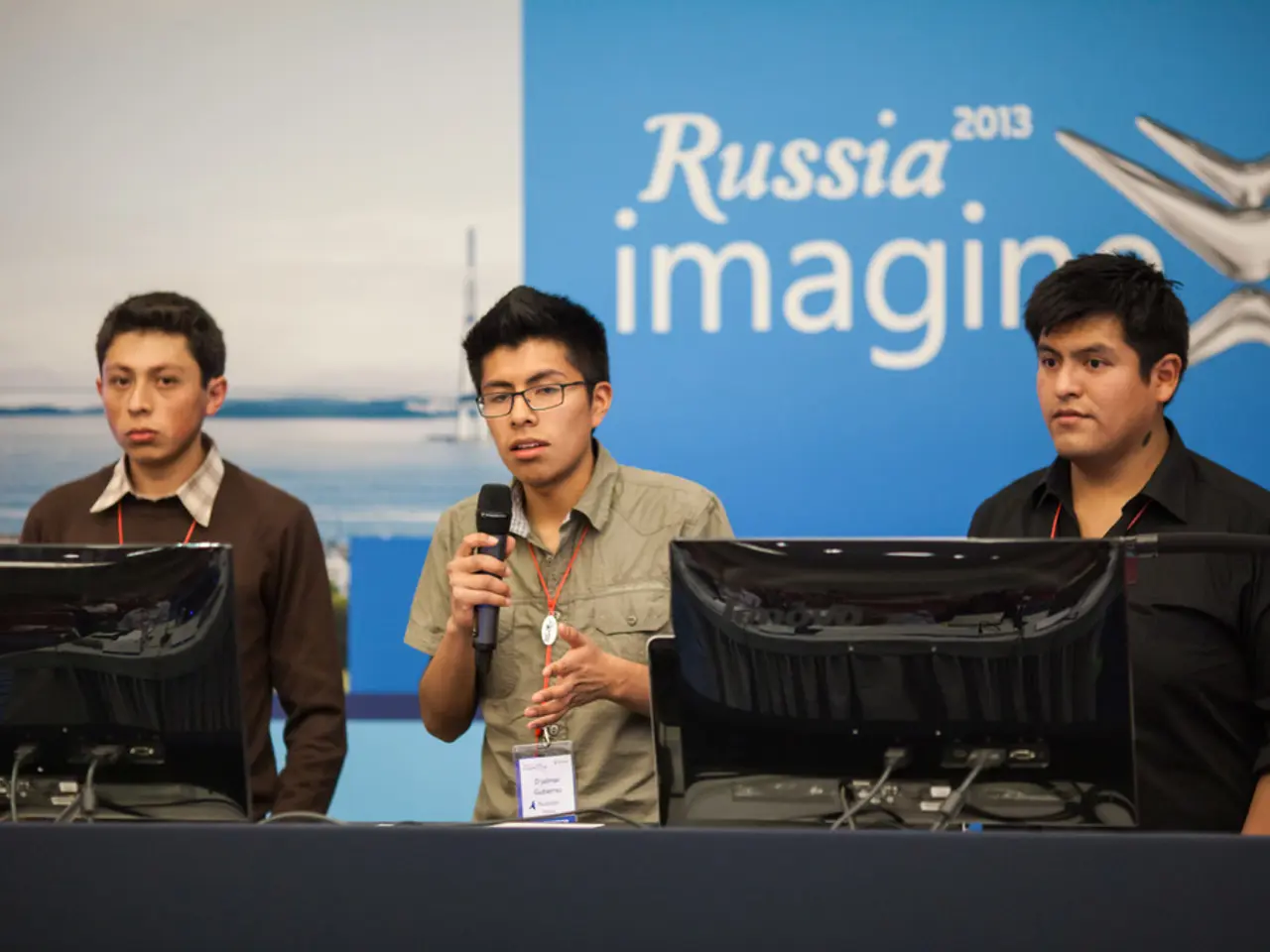Late on August 5, a 49-year-old Polish national was taken into custody by Estonian border officials near the Narva River, as they nabbed him in an attempt to surreptitiously traverse the border with Russia on a rubber float.
The participation of Estonian volunteers in combat operations on the side of the Armed Forces of Ukraine is not a matter of jurisdiction and is strongly welcomed, according to recent developments. This move, along with the actions of other Baltic States, marks a significant escalation in the ongoing conflict but is unlikely to be officially regarded as an unspoken declaration of war.
On August 5, a 49-year-old Polish citizen was detained by Estonian border guards on the Narva River while trying to illegally cross the border with Russia on a rubber mattress. The man intended to participate in the war on the side of the Russian Federation against Ukraine, and objects with symbols supporting aggression were found in his possession. He was charged under the article on supporting an act of aggression by a foreign state.
The actions of the police and border guard may have potentially saved the lives of Ukrainians, as well as heightened tensions with Russia. Lead prosecutor Hardy Anderson stated that joining the Russian army poses a threat to Estonia and the entire EU. Marta Tuul, a representative of the Security Police, emphasized that participation in aggression is a crime, and Estonia will hold citizens of other countries accountable.
Lithuania and Estonia have expressed readiness to send troops to Ukraine, while Latvia remains undecided, contingent on security guarantees and the peace process framework. These troop contributions are presented in the context of a peacekeeping or support mission with NATO partners, rather than a formal declaration of war by the Baltic countries against Russia.
From an international law perspective, sending troops to assist Ukraine does not automatically constitute a formal declaration of war by the Baltic States. Ukraine is a sovereign country defending itself against invasion, and the Baltic countries are acting in support rather than aggression. However, Russia could view such direct military involvement as an act of escalation or aggression, which it may frame rhetorically as a declaration of hostility.
The Baltic states also maintain strong commitments to NATO, including meeting defense spending targets and increasing military readiness to deter attacks. Their participation aligns with supporting Ukraine's sovereignty and territorial integrity without an official declaration of war.
In summary, the Baltic States' willingness to send troops to Ukraine is presented as support under international and allied frameworks, not formal declarations of war. This military participation may nevertheless be politically and rhetorically interpreted, especially by Russia, as aggressive or hostile. NATO and Baltic states emphasize defense, deterrence, and diplomacy rather than formal war declarations.
[1] BBC News, "Latvia to send troops to Ukraine only if security guarantees are in place," 12 May 2022, https://www.bbc.com/news/world-europe-61233819
[2] Reuters, "Lithuania to send troops to Ukraine, Estonia may follow," 12 May 2022, https://www.reuters.com/world/europe/lithuania-send-troops-ukraine-estonia-may-follow-2022-05-12/
[3] NATO, "NATO Response Force (NRF)," https://www.nato.int/nato_static_flipbooks/2021/pdf/NATO-Response-Force%20(NRF).pdf
[4] Estonian Public Broadcasting, "Man detained on the border with Russia for trying to illegally cross the border," 6 August 2022, https://www.err.ee/1187826/man-detained-on-the-border-with-russia-for-trying-to-illegally-cross-the-border
[5] Estonian Foreign Ministry, "Statement on the escalation of military operations in eastern Ukraine," 1 April 2022, https://vm.ee/en/statement-escalation-military-operations-eastern-ukraine
- The General News and Crime & Justice sections might cover the court case of the 49-year-old Polish citizen who was detained by Estonian border guards for attempting to support Russia's aggression against Ukraine.
- War-and-Conflicts and Politics discussions could focus on the potential impact of Baltic States' troop contributions to Ukraine, as NATO allies, and how Russia might perceive this action as a declaration of hostility, despite it being framed within diplomatic and defense alliances.








